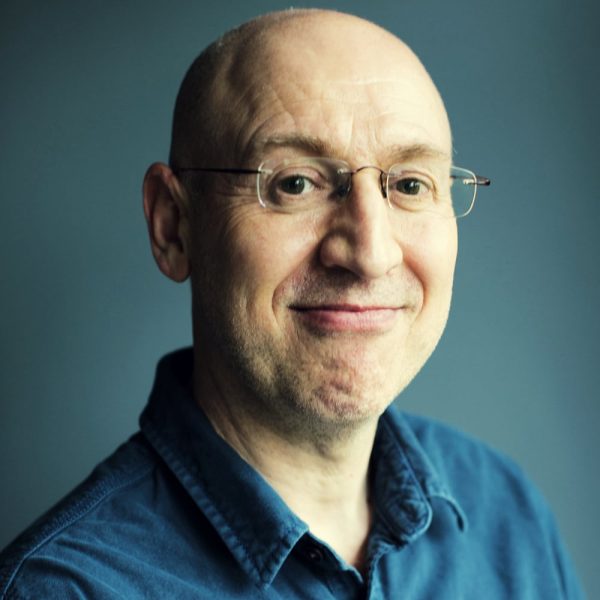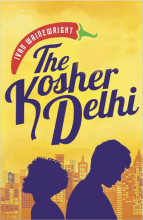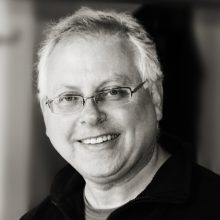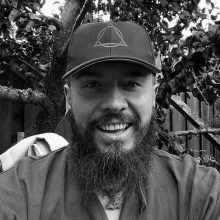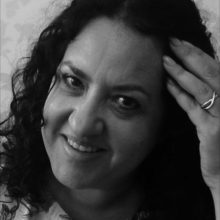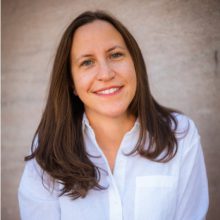The Kosher Delhi by Ivan Wainewright
What led you into writing?
I was brought up on classic children’s books (E Nesbit, CS Lewis) and I remember at a young age trying to write stories. After Uni, I lived abroad for a while and tried writing short stories again, which was a great way to find out how to keep or lose friends’ attention. As I got older, I became more politically and socially active and I wanted to “say something”, and novels can be a wonderful way to discuss one’s thoughts and beliefs – as long as you do it without pontificating or sound sanctimonious, that’s quite a challenge. But it was only when I wrote what finally became my first novel, and friends and family said for the first time that they really did like it, that I believed I might have a small chance
How does a typical day look?
Actually, I have two “sorts” of days. I have been a technology consultant for charities for over twenty years and I still do that, so if my day is a “charity tech” day then I’ll be found working with a charity or museum somewhere.
But if my day is a “writing” day, then I do try to start early (which I don’t always manage) and I usually begin by reviewing what I wrote on the previous day and edit that. Then I will pick up where I finished and carry on with the novel I am writing. I tend to be a comparatively slow writer because I am forever checking points on the internet (and then, ah, occasionally getting sidetracked…), and I do edit lightly as I write. So, I rarely write over 800 words a day, often less.
When I reach points where I want to review what I have written over a whole section/chapter, I sometimes convert my document into a “booklet” in Word and print it out A5 size so I can read it ‘like a book’. It helps me see things I don’t see when I read it on a screen.
In what ways do your characters test your abilities?
They can get overly verbose (a bit like their author…), especially in prose. Taking chunks out of my MS is a real challenge for me, but I have seen how it has improved my writing. More interestingly, when I was writing The Kosher Delhi, I found that my main two characters (and I) wanted to say something more than they were doing at that point; the first version of that book was a far more hedonistic story, but I realised that as much as I liked that, there needed to be something more.
What’s your setup?

I’m fortunate to have two places I can write. I write a lot in my ‘home office’ (i.e. spare bedroom) where I also do my IT work, and I have a standard Windows PC there.
My other place is my partner’s wide beam narrowboat which has a fixed mooring on the Suffolk coast. If I have a period where I don’t have any charity IT work, then I can go there for a few days. Great in summer, but a bit bloody cold in winter… I write there on my Chromebook, using Google Docs, which I love because it all gets backed up automatically and I can even write offline and it synchs back to Google.
What lasting effects have your favourite authors had on your writing and style?
David Nicholls writes relationships so well, and in novels such as Us, he tackles adult themes but still ensuring the book is a page-turner. It made me realise that if I do want to encourage readers to consider serious issues such as racism and homophobia, then I can do that and still write a (hopefully) more commercial novel.
I also love an author who writes great stories. That sounds obvious but I have read enough novels which simply do not hold me. Authors like William Boyd, Claire North, Khurrum Rahman are all brilliant storytellers. At the end of the day, for me, that is what a novel has to be. Yes, you can include important themes, have a beautiful writing style, but if the reader doesn’t want to know what happens next then, personally, that isn’t the sort of book for me.
What do you do for inspiration?
If I am trying to plan a story, or to consider how I can take an existing narrative in a different direction, I love Mind Mapping. Drawing mind maps helps me far more than simply writing lists on paper or on a computer screen. I find it especially helpful when I am first thinking about a new story. I may already have a simple, central idea in my mind, but when I draw it out as a Mind Map, it gives me a far better process for expanding it and making me see what is good – or not so good. (I’ve written a full blog post on this on my website.)
The other thing I do, if I am stuck on a plot point or wanting to think how I could move a story along, is drive round the M25 – seriously! I do this when I am visiting my mother and I find that being alone in the car with no other distractions helps me focus my mind on whatever problem I am trying to overcome!
What repeating themes do you find yourself pulling into your stories?
The issues of discrimination and unfairness. And stories spread across the world in multiple locations.
How do you wind down?
I am a keen runner (if a slightly slower one now…), I watch a lot of and occasionally play football, I listen to music and go to gigs (the more intimate the better), and of course I read – mostly on my commute and in bed at night.
What sort of challenges do you regularly overcome while world-building?
My stories take place in our world, either now or recent history. So, I am forever checking facts: whether a particular person was (or wasn’t) alive in a particular year, how someone could have flown or travelled somewhere in the world thirty years ago, or if a band had broken up yet sometime in the past.
What’s the most useful advice you could give to an aspiring author?
1) Write what you like to read.
2) Finish something! I can’t tell you how many “Chapter ones” I wrote… Finish a book, even if it’s not your best work – it gives you such good experience and a great feeling of achievement.
Tell us about the book you’re promoting.
The Kosher Delhi is a novel which my publishers have been kind enough to liken to David Nicholls and Nick Hornby.
Vik is a twenty-year-old English boy of Jewish/Indian mixed heritage. He wants to become a chef, but his experiences of racism in restaurant kitchens hold him back. Until he meets Yvonne: Scottish activist, hedonist, who strives vehemently for social justice. She shows Vik what he has been missing in life.
Vik is increasingly exposed to further bigotry, and witness’s homophobia in his community, with more violent and fatal outcomes. And as Yvonne ventures into the music scene, their relationship becomes increasingly strained. When Vik reaches a point where he can’t ignore his issues any further, will he stand up for what he believes in?
Set in the early 1990s, the novel follows Vik and Yvonne on their journey from Leeds to London to New York. A contemporary novel with a lot of food, plenty of music and 90s zeitgeist.
Other interviews with Ivan Wainewright
👋 Hi! I run Author Interviews
As a new writer I found myself itching to contribute to a thriving, creative community, so I made Author Interviews and I've met loads of wonderful people in the process. You can buy my debut fantasy RINGLANDER: THE PATH AND THE WAY from Amazon.
